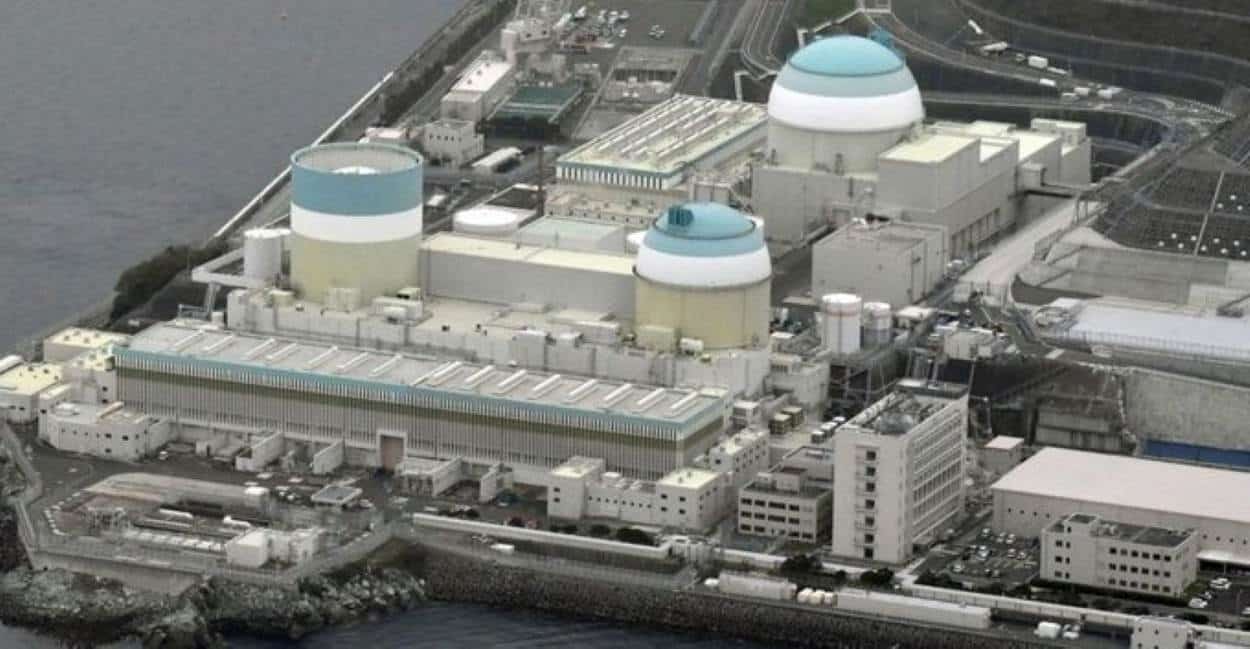Japan will revamp its energy policy by integrating nuclear power with renewable energy sources to address its rising electricity demands and achieve decarbonization targets.
The strategic shift, endorsed by a government-backed expert panel, aims for renewables to constitute up to 50% of the energy mix by 2040, while nuclear power is anticipated to supply 20% of the nation’s energy, marking a significant policy shift from the post-Fukushima phase-out stance.
Strategic Objectives of the New Energy Policy
According to the draft of the Industry Ministry, as reported by PBS.org, renewables are poised to become Japan’s primary energy source, with targets set between 40% and 50% by 2040. Concurrently, the strategy emphasizes stabilizing the energy supply through nuclear power by reactivating compliant idled reactors and developing new-generation reactors on old sites.
A Japanese government panel has supported a draft energy policy which would reverse the phase out #nuclearenergy.
It would require 20% of Japan's electricity to come from nuclear.
Japan seeks to accommodate the growing power demand of AI, while meeting decarbonization targets. pic.twitter.com/47ueMw3Iiv
— 18for0 (@18for0) December 30, 2024The plan also addresses data centres’ and semiconductor manufacturing’s growing energy demands, proposing reduced coal use and encouraging investments in cutting-edge solar technology and portable energy solutions. However, the pace of nuclear reactor restarts and regulatory approvals has cast doubts on the feasibility of achieving these ambitious goals.
Challenges Ahead in Nuclear Energy Implementation
Meeting the nuclear target, which involves restarting all 33 operational reactors, presents a formidable challenge, as highlighted by experts on PBS.org. During the panel’s review, Industry Minister Yoji Muto emphasized the critical role of decarbonized energy in supporting Japan’s economic growth. Yet, critics argue that the draft policy lacks specific timelines for fossil fuel phase-out and is overly reliant on anticipated cost reductions in renewable energy technologies.
The comprehensive plan, which follows public consultations and will be reviewed by the Cabinet in March, delineates Japan’s commitment to a dual approach using nuclear and renewable energies to meet its future energy needs and fulfil its decarbonization pledges.






